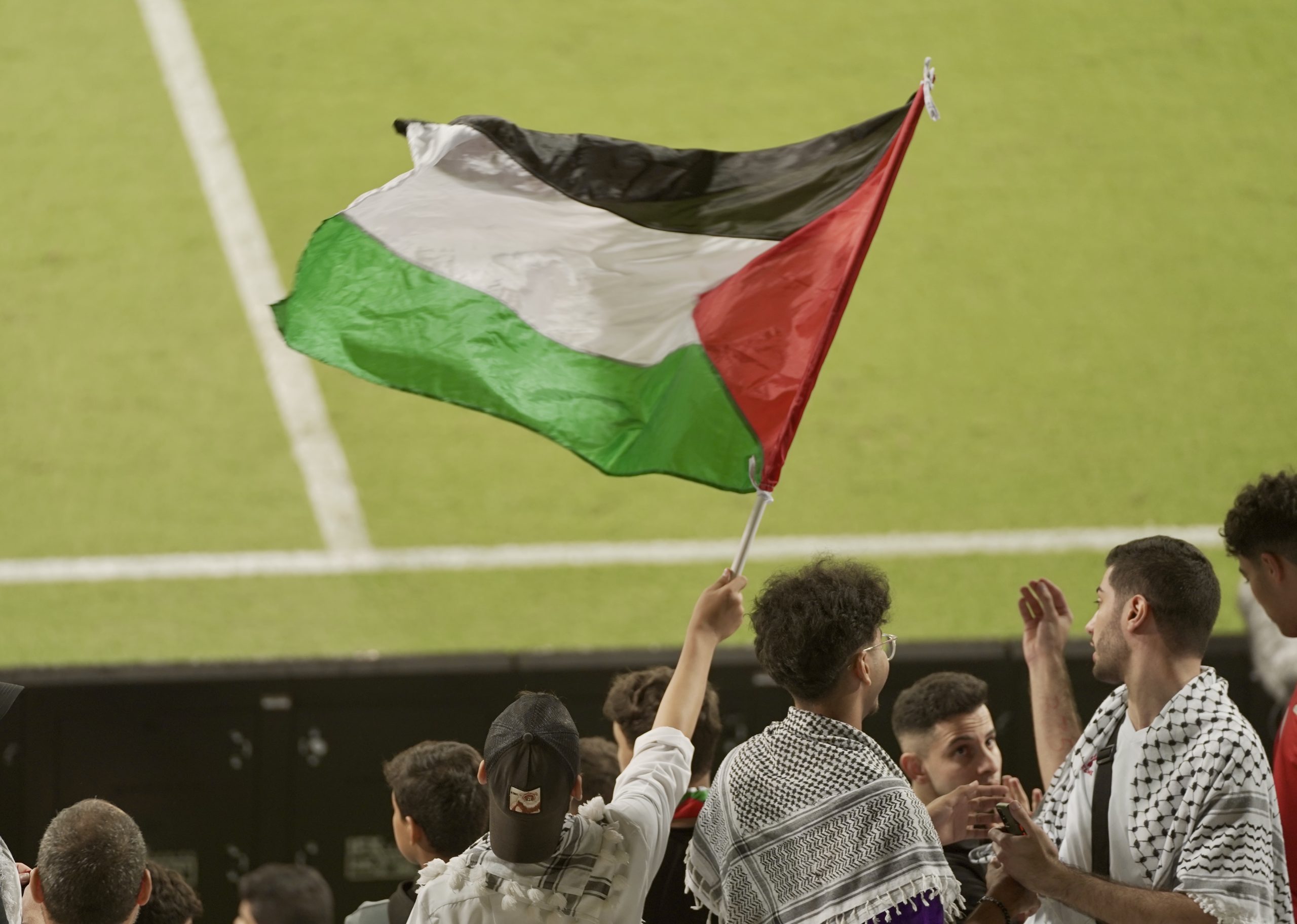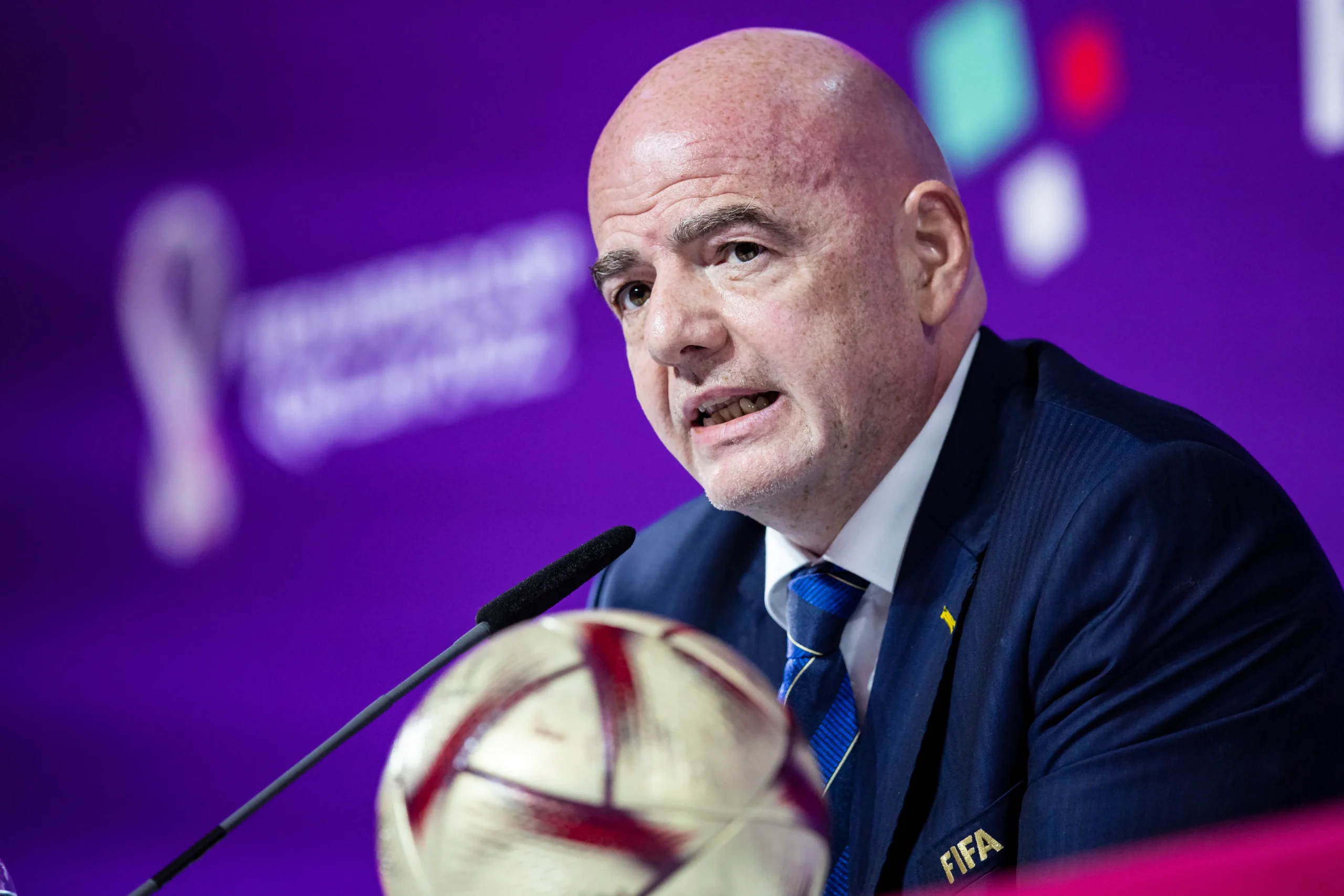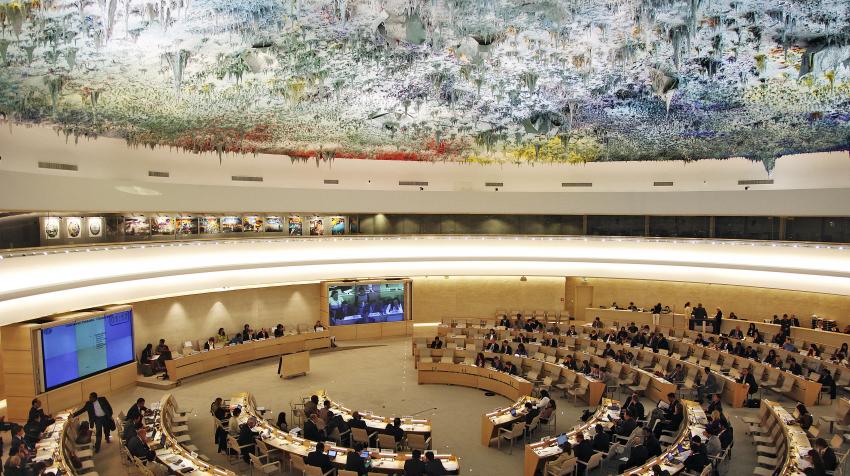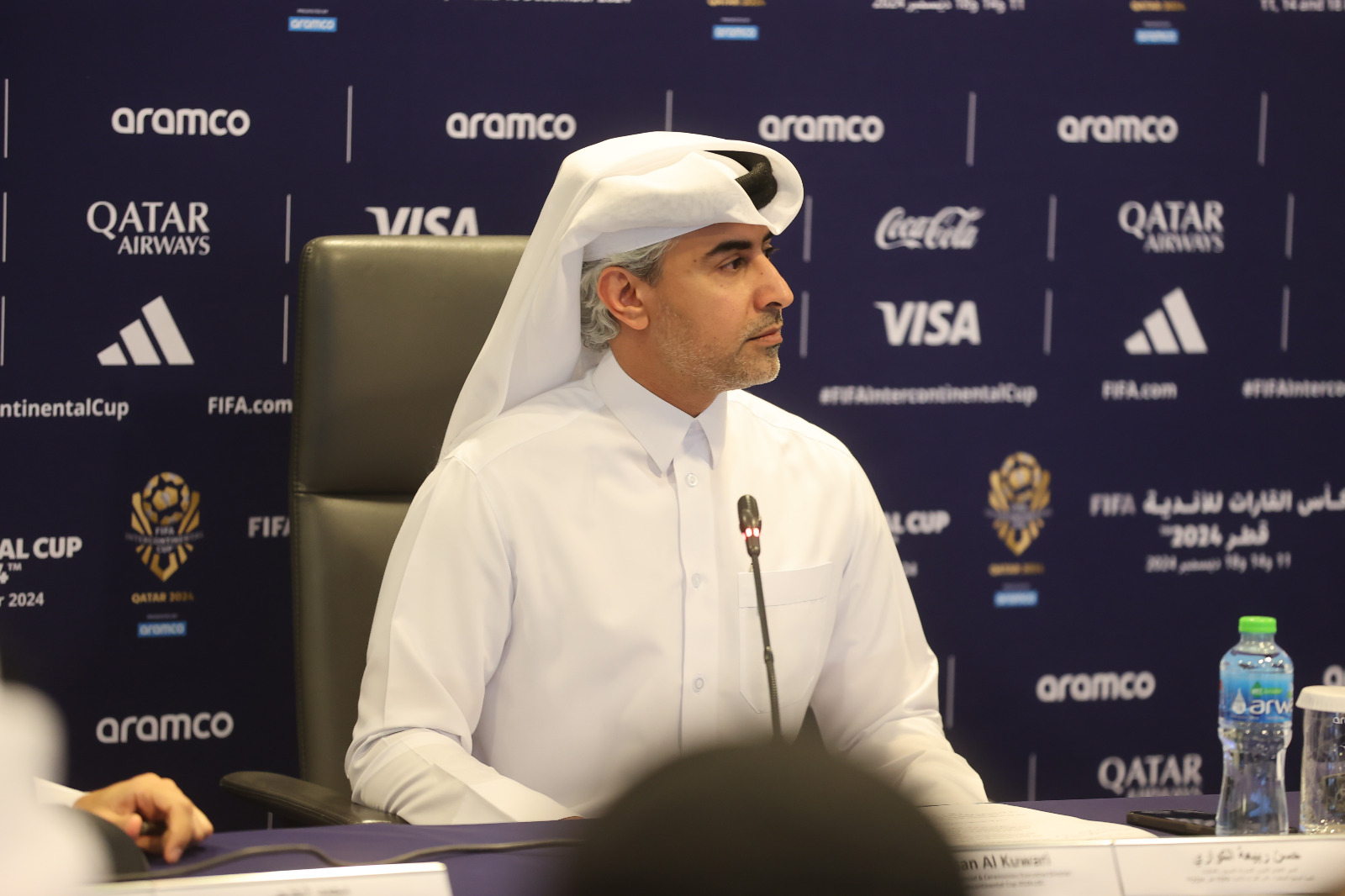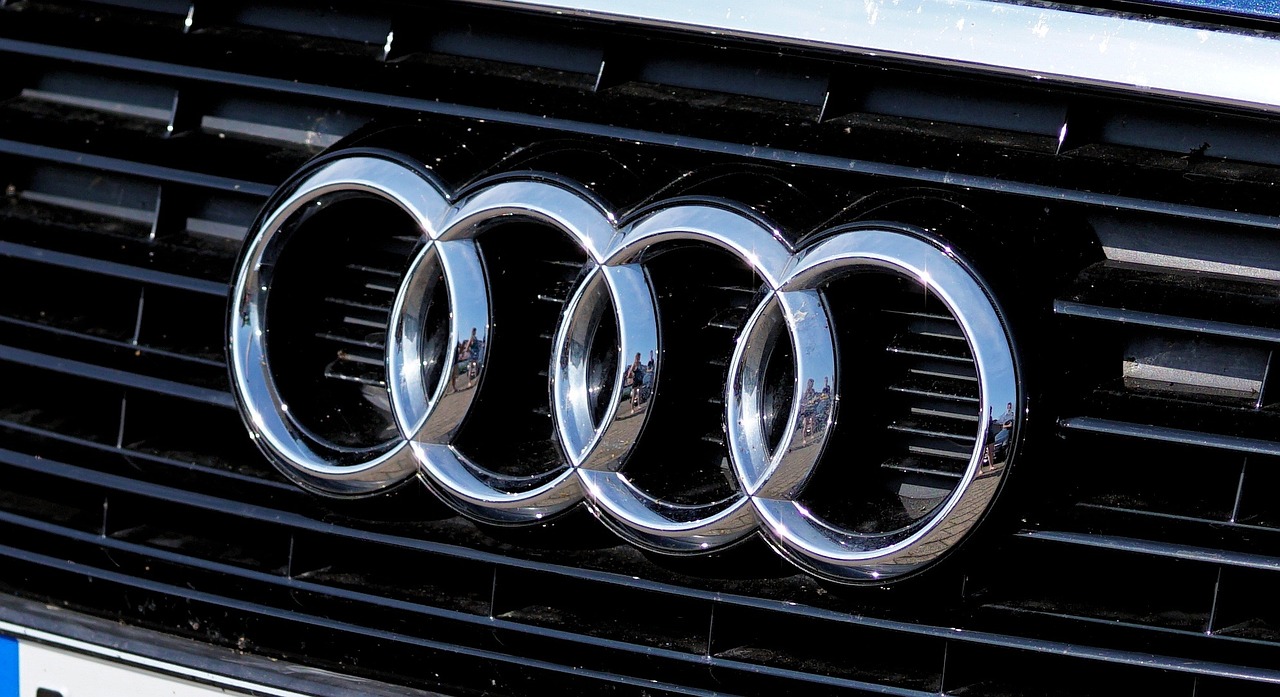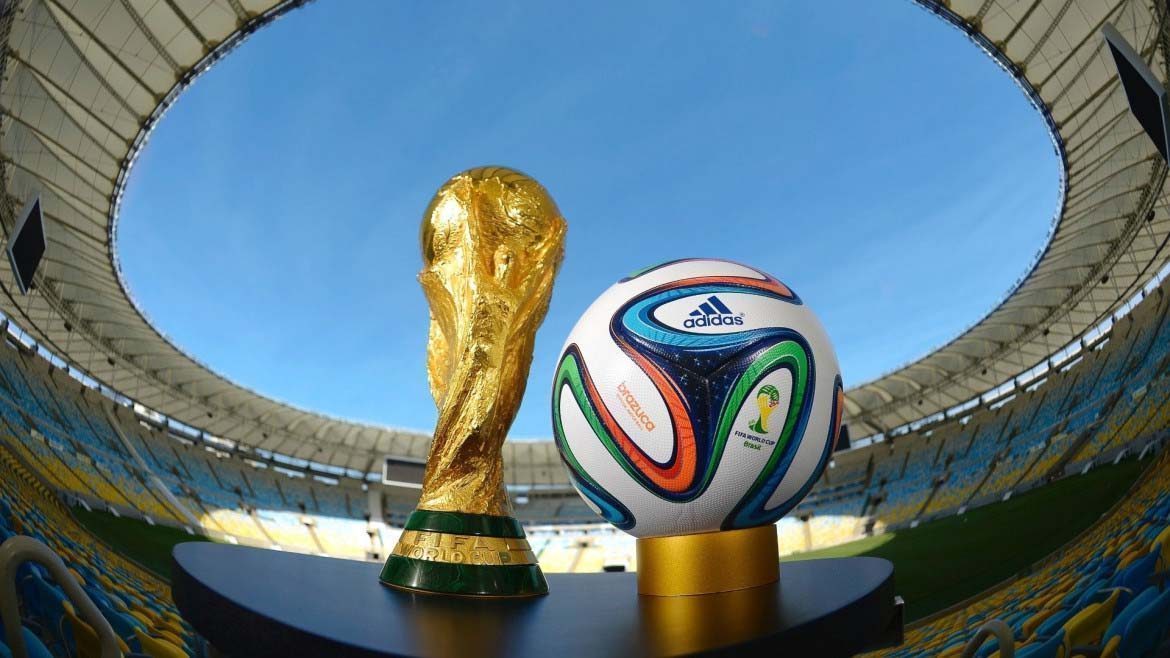
An ethics committee tasked with investigating Qatar and Russia’s World Cup bids will not forward its findings until September – some two months behind schedule – FIFA has confirmed.
For the past 18 months, the investigatory chamber of FIFA’s ethics committee, led by US attorney Michael Garcia, has been looking into corruption claims regarding the 2018 and 2022 tournament bids.
Among the most recent charges is that Qatar bribed officials to win votes, according to the UK’s Sunday Times newspaper, which said it had access to “millions of documents” supporting these claims.
Last month, Garcia said he had already reviewed many of those documents during his probe, and that he expected his report to be submitted to the adjudicatory chamber of FIFA’s ethics committee around the middle of this month.
It is not clear why there is a delay in the process, and analysts are now saying it’s possible the ethics report will not be publicly released.
FIFA statement
In a statement sent to Doha News, FIFA said: “We expect to deliver our report to the adjudicatory chamber by the first week of September 2014.”
It declined to give a specific timeline of what would happen after the report was submitted, but Garcia said in an interview with a German newspaper this week that FIFA may not choose to act on the findings until late May of next year.
Die Welt Am Sonntag reports that possible sanctions against Qatar or Russia would likely be decided at FIFA’s annual congress in Zurich. It continues, as translated into English:
“Even if (Garcia) should come up with pioneering discoveries – a guarantee that the Qatar World Cup may not align, it would not. Neither Garcia nor the German judge (and adjudicatory chamber chair Hans-Joachim) Eckert can take such a decision.
This can only be the Fifa Congress, which meets once a year and in which each national association has one vote. In May 2015, Zurich, as it is planned, it is so far.”
Report may not be public
Throughout the investigation process, questions have been raised about FIFA’s transparency. This might be because, according to FIFA’s Code of Conduct, much of the process must remain confidential.
The process works like this: the investigatory chamber, which Garcia heads, compiles a report examining allegations and makes recommendations.
This findings are then handed to the adjudicatory chamber, which is led by Eckert. This chamber will review the report behind closed doors, then liaise with the involved parties (including Qatar and Russia) before making a final ruling.

Article 36 of the code states that all “facts of the case, contents of the investigations and deliberations and decisions” should remain confidential.
It added there is no obligation for the details of the report to be publicly revealed: “Only the final decisions already notified to the addressees may be made public.”
Additionally, under article 78 of the code, there is no obligation for the ethics committee to reveal the grounds for any decision it has made, unless one of the parties requests it.
The findings has been eagerly awaited since German FIFA executive committee member Theo Zwanziger announced in February that the report would be finished by the latter half of this year.
Speaking at a European Parliament session on Qatar’s human rights’ record, Zwanziger’s remarks are reported to have taken Qatar by surprise.
Sponsors’ concerns
In the past several months, pressure on FIFA has been increasing to act on the corruption allegations, with key sponsors including Adidas, Sony, Visa and Coca-Cola taking the unusual step of publicly expressing concern.
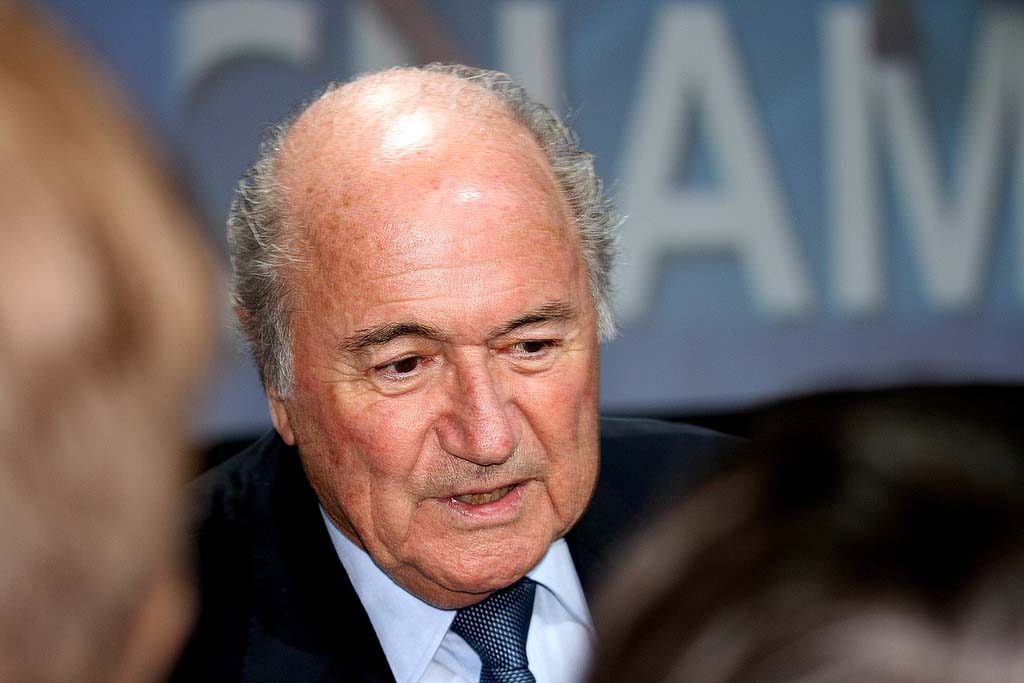
Last month, Sepp Blatter, president of the world’s football governing body, spoke out against Qatar’s critics, saying, “Sadly there’s a great deal of discrimination and racism.”
Throughout the process, Qatar has denied all allegations of wrongdoing.
One of the concerns is that the findings could cause Qatar to stripped of its rights to host the World Cup.
However, speaking on Al Jazeera last week, the Supreme Committee of Delivery & Legacy’s communications director Nasser Al-Khater maintained that Qatar had done nothing wrong, and said he was “confident” that it would retain the rights to hold the tournament.
Thoughts?


